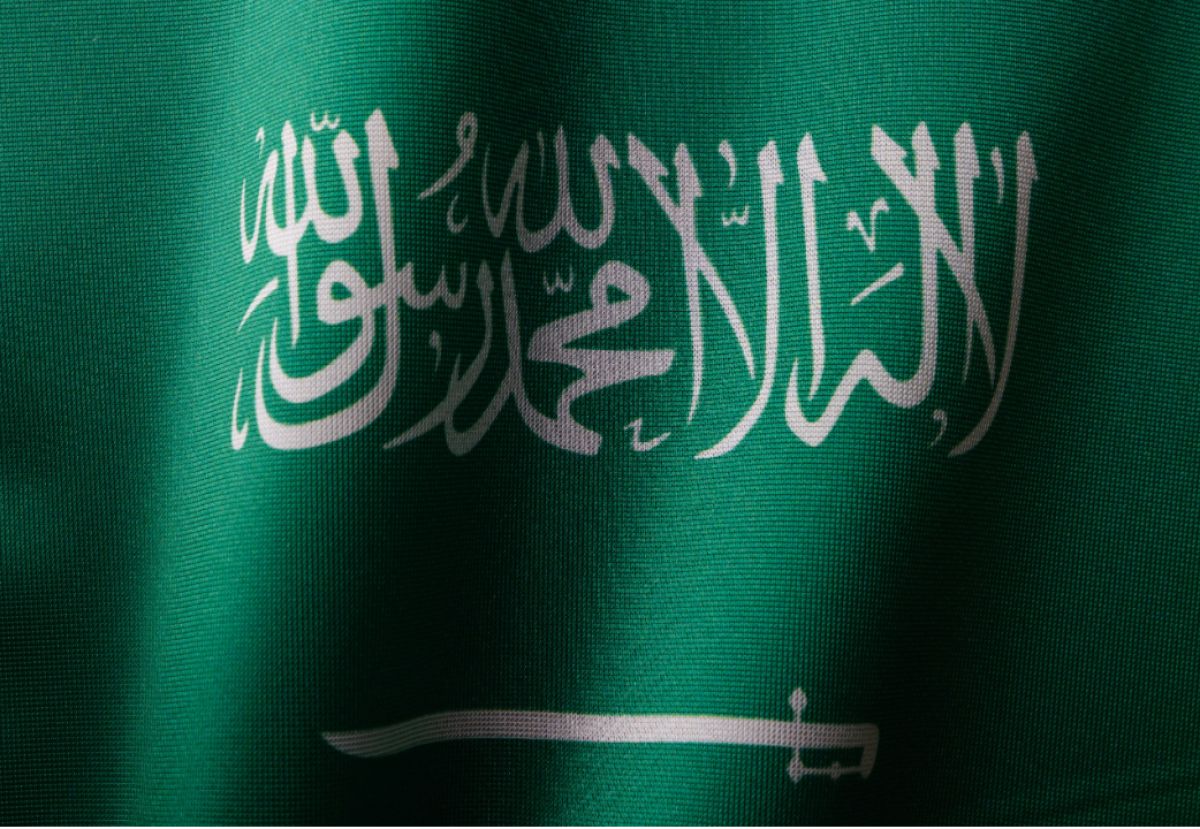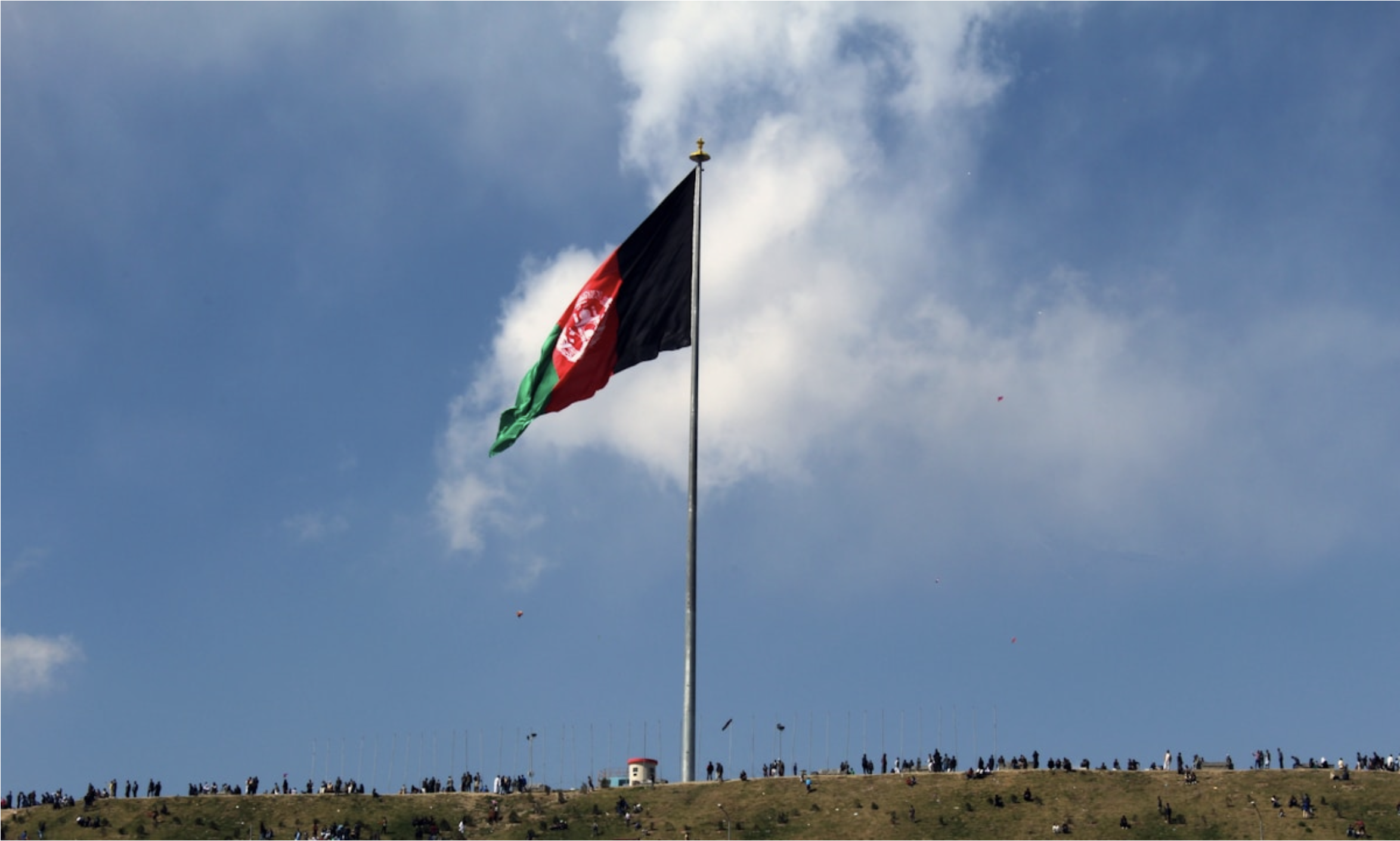
Economy, International Markets, Week in Review
The Saudi shift: A credit professional’s guide to navigate an evolving economy
Despite its improvements, Saudi Arabia’s economy still struggles—hindered by oil dependency, high youth unemployment, fiscal sustainability challenges and fluctuating oil revenues. However, its economic reform plans, particularly Vision 2030, have improved the quality of life for their citizens and residents by expanding opportunities for growth, fostering greater global integration and enhancing governmental efficiency.

Despite its improvements, Saudi Arabia’s economy still struggles—hindered by oil dependency, high youth unemployment, fiscal sustainability challenges and fluctuating oil revenues. However, its economic reform plans, particularly Vision 2030, have improved the quality of life for their citizens and residents by expanding opportunities for growth, fostering greater global integration and enhancing governmental efficiency.
Why it matters: To mitigate risk and support customers in Saudi Arabia, credit professionals should familiarize themselves with the culture and business practices of the country.
Country and culture
The Kingdom of Saudi Arabia is the largest country in the Middle East and the 12th largest country in the world. Its trade history revolves primarily around petroleum, although in ancient times pearls provided the region’s trade income. For this, the kingdom relies heavily on guest workers, from skilled oil experts to low-wage service labor. To reduce this dependence, it’s investing in education to boost youth employment in the private sector—funded by oil revenues to diversify its economy.
Saudi Arabians are traditional, religious and hospitable people. They consider privacy and family honor extremely important. Despite the adoption of a more modern outlook, religion and patriotism continue to govern Saudi life. Islam is the official religion, shaping guidelines for dress, diet, family life, leisure activities and daily prayer.
The Saudi people are mostly Arab, though a small portion of the population are Afro-Asian and Afro-Saudi. Millions of foreign workers play an important role in the Saudi economy, particularly in the oil and service sectors, but their activities are so regulated that they have little influence on society or culture. Thanks to oil wealth, most Saudis are middle or upper-middle class.
Business culture
Saudi Arabia’s business culture is deeply rooted in Islamic principles. Business practices align with religious customs, and the phrase Insha’Allah (if God wills it) reflects a common belief that the outcome of any business deal ultimately rests with divine will.
Islam also teaches the importance of family, and this extends to the Saudi business world, which is exceedingly family oriented. Many businesses here are run by members of an extended family. The hierarchy of Saudi business culture places the lion’s share of power at the top with the elder family members.
Business Best Practices
#1 Be flexible with meetings
When doing business in Saudi Arabia, understand that the observance of Islamic ritual takes precedence over every facet of a Saudi’s life, including business and business meetings, which will be punctuated with references to Allah and the Prophet Mohammed. Since Muslims pray five times a day, meetings can and likely will be interrupted by prayer, depending on when meetings are scheduled and their length. During the holy month of Ramadan (the exact dates of which change each year), Muslims are only allowed to work six hours a day, and many rest as much as possible, as they are fasting during this time.
#2 Dress accordingly
As a Muslim country, clothing in Saudi Arabia is conservative. Businessmen usually wear traditional dress consisting of a loose-fitting robe and scarf-life headgear. Although foreign businessmen are not expected to wear traditional Saudi attire, they should stick to a well-tailored, dark-colored business suit of gray, black or blue worn with a white shirt, modest tie and classic dress shoes.
Since Saudi Arabia is a gender-segregated kingdom, many Saudi men will not negotiate with women. If ever a foreign businesswoman finds herself doing business in Saudi Arabia, she should dress very conservatively and should never wear trousers in public. Business dress should be limited to a loose ankle-length, long-sleeved dress. Women are also expected to cover their hair with a headscarf, withonly faces and hands exposed, and should refrain from wearing open-toed shoes.
Saudi Arabia advises visitors to avoid wearing religious symbols like crosses or Stars of David. Both men and women should follow the Islamic dress code, which is enforced by the mutawa (religious police).
#3 Be polite in negotiations
Saudi Arabians often partake in haggling, negotiating the price of a product or service, with the goal of reaching a mutually acceptable deal. They are assertive and even aggressive in negotiations and consider the use of guilt or personal appeals as fair game.
However, being polite is of utmost importance in Saudi Arabian negotiations. Dignity and respect are required at all times, and any form of insult can mean the end of your business deal. Because of this, saving face is a very important concept, and if anyone feels they have lost face, they may require concessions as well as profuse apologies on their part.
#4 Prioritize face-to-face agreements
In Saudi Arabia, trust and relationships are the true signs of successful partnership. For Saudi businessmen, personal, face-to-face agreements are considered far more important than written contracts. Nonetheless, you should ask for a written contract that will spell out the details of the deal and check that there are not differences in interpretation, particularly if there are separate Arabic and English versions of the contract. Continued contact, and the willingness to be flexible should conditions change, will enhance your standing with your Saudi counterparts and increase their openness to ongoing business with you.
In Saudi Arabian culture, as long as both parties are still sitting together, negotiations are still open. The deal is not finalized until you shake hands and say goodbye. In addition, you should be prepared for last-minute changes and second thoughts, even when it seems that agreement has been reached.
#5 Have an employer (sponsor)
Before doing business in Saudi Arabia, seek out a Saudi “wakeel” or sponsor, to enter the country. A wakeel refers to an authorized representative or agent who acts on behalf of another individual or entity. Traditionally, this term has been associated with the kafala system, where a Saudi sponsor (kafeel) would act as a guarantor for foreign workers, overseeing their legal status and employment within the Kingdom. This vital link acts as an intermediary and arranges appointments with key individuals.
It should be noted that in early 2025, the Ministry of Commerce mandated the replacement of the term “sponsor” with “employer” in official documents, aligning with Article 2 of the Labor Law, which defines an employer as “any natural or legal person who employs one or more workers in return for a wage.”
The bottom line: For credit professionals and foreign businesses, understanding the Kingdom’s deeply rooted religious, cultural and business practices—including the emphasis on relationships, modestyand protocol—is essential to building trust, minimizing risk and staying ahead in the market.





